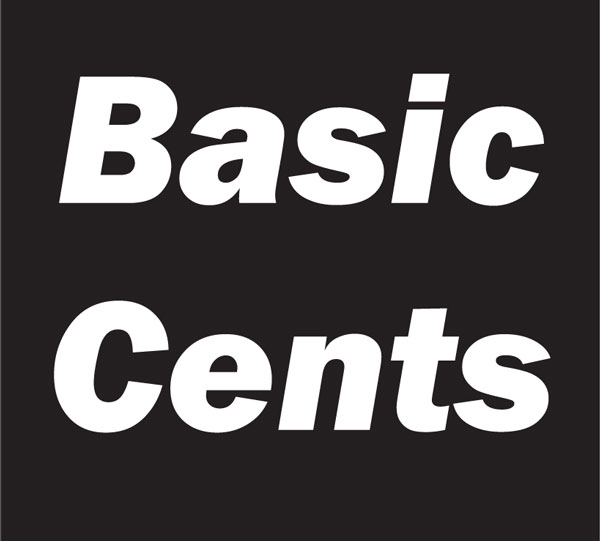WHEN you attend an interview for employment, it is better when you are readily prepared to answer any questions posed to you. You know they are going to ask you ‘what you want to do with the rest of your life?’ By having a statement ready in response to the question you can instantly boost your opportunity of securing employment with that business or organisation.
Like selecting which subjects you will study for your final years at school, your early jobs from flipping burgers to other equally unpretentious options, you may not have wondered about this subject and its potential answer. You may, through those early stages, not have a career path plan in place. Nevertheless, at some stage you will benefit rapidly both in job choice and in salary, by putting yourself on a determined career path for your future requirements.
Where you have not planned a viable career route, there is an increased chance that your finances may fail. You may never amass enough money to lay down as a deposit for a property. You might never clear yourself free of debts. Do you wish to wake up 20 years later wondering what have you done with your life?
Teachers should be discussing career path management and financial budgeting for life and other vital and associated tasks through the latter years in school. Parents should begin this discussion at home when children are at a relatively young age because this helps focus the mind.
Although everyone wishes to pursue their passion and commitment to help them succeed, not every choice in life is easy. For every person wishing to become a movie superstar or Prime Minister, only a few will succeed and then, maybe only temporarily. On occasions, it is easier to build a career path that can bring you success both in the work and financially, depending upon your own specific requirements.
Should you choose that charity work is going to be your forte throughout life, then while accepting that you may not become a millionaire, you will become rich from the enjoyment and fulfilment in your work. You will still be providing a known level of finance security for you and your family.
Knowing what you want to do in 5 or 10 years’ time is just one aspect of your planning. You may not know exactly what you want to do, but it does provide you with a time to sit, think and plan, because without a plan you increase the chance that you will fail.
Some individual’s plans will talk about improving their skills as they develop themselves as people. Their won light-bulb moment which selects the career they hope to follow for the rest of their life will benefit because they have added suitable skills to their list of achievements before deciding the way forward.
Because you have not decided what to do with the rest of your life at 15, 20, 25 or 50, there is still plenty of time for you to map out a career path which includes a route for your future financial security. Your career path may equally be a lifestyle devotion to your passion.
______________________
Samuel Rosenberg is the founder and CEO of Axcel Finance Ltd., the leading regional microfinance institution. Share your thoughts and email your questions to [email protected]













